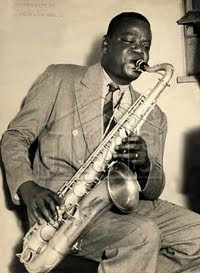Sons de Carrilhões, A Popular Choro

João Teixeira Guimarães (- known as João Pernambuco) (1883-1947) was a self taught guitarist unable to read or write musical notation, nevertheless he composed over 100 pieces for guitar in various styles during his career, today many of them ranking among the standard repertoire for guitarists excelling in choro. João Pernambuco is generally considered the originator or founder of the guitar choro, and especially one of his compositions has become popular with guitarists worldwide, the choro-maxixe 'Sons de Carrilhões' ( - in English: 'Sounds of Bells').
According to the info available at the website by Angelo Zaniol dedicated to the legacy of João Pernambuco 'Sons de Carrilhões' was recorded by João Pernambuco (violão) accompanied by Nelson Alves (cavaquinho) for Odeon in 1926 and issued on a 78 rpm disc (Disco ODEON 123165). A musical notation of the piece was published for the first time in a collection titled 'A Guitarra de Prata' during the 1930s, a revised version by Turibio Santos and a second, revised version by Dilermando Reis was published 1978 through Ricordi Brasileira (0206, 1978). These revised versions have been republished by the German Chanterelle Verlag 1992 (ECH 761, 1992). An arrangment for trio (flute, violão and cavaquinho) by Angelo Zavinol is available at his website, another for solo violão notated in standard notation and guitar tablature is free available here
Numerous examples featuring a perfomance of 'Sons de Carrilhões' have been uploaded at YouTube, below I'll insert four different renditions of the piece. - The first video is uploaded just recently and features a performance by an anonymous amateur
Here's a faster version of the tune performed by Daniel Volovets
An arrangement by Carlos Barbosa-Lima excellently performed by the guitarist himself belongs to my own favourites:
Finally, the Argentine genius of jazz/swing guitar playing, Oscar Alemán, recorded a solo version of the piece in 1972, in Spanish titled 'Sonido de Carrillón'. Here is just the audio track of this recording uploaded, a convincing example showing that Alemán was deeply rooted in Brasilian music and not just the swing/jazz tradition of the 1930s - Enjoy!
Jo


